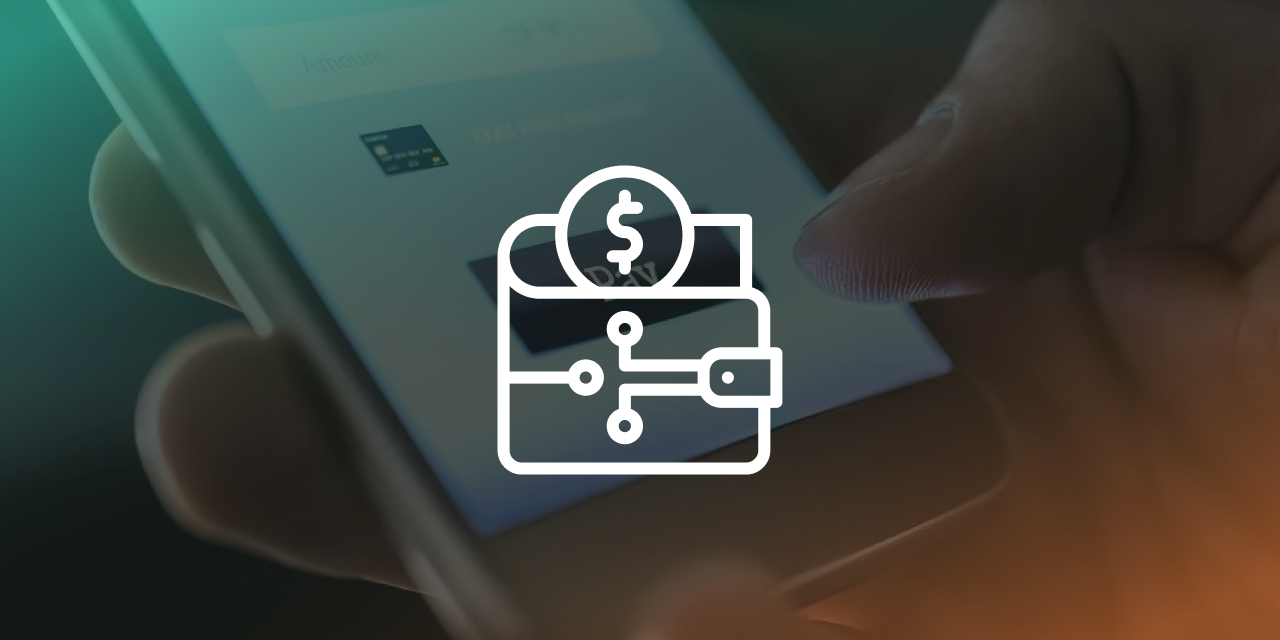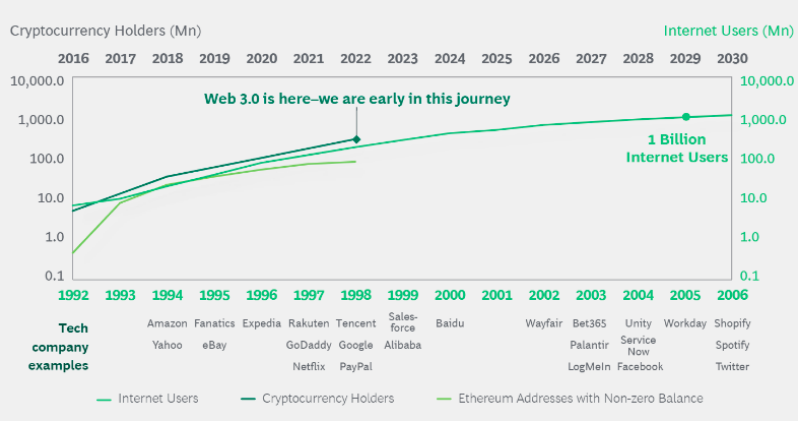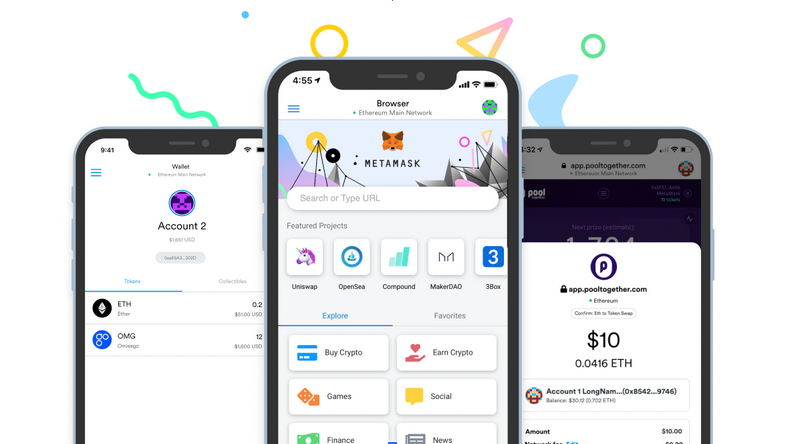Find out why crypto wallets are beneficial for the travel industry, even if customers aren't embracing web3 technologies (yet)
The rise of crypto wallets represents a major opportunity for the travel industry, as it can use blockchain technology to streamline its processes and improve the travel experience for customers. From paying for flights and hotels to exchanging cryptocurrencies for local currencies or receiving personalized offers directly into your wallet, they can offer a range of benefits for travelers and businesses. However, customers don't need to create crypto wallets for travel companies to engage with Camino. Companies can leverage the benefits of blockchain technology today without adding complexity to their customers and without them even knowing web3 is being used in the background.

As you know, we always want to keep you up to speed with the latest developments in web3 and travel since technologies are rapidly evolving. With more and more companies trying to break into this new territory, the concept of crypto wallets has been brought to the forefront, and we're here to answer your most burning questions.
So - what exactly are crypto wallets, and do they represent a potential barrier to entry for companies before they are widely adopted? In this post, we explore the benefits of wallets, examine whether they are necessary for travel companies to enter web3, and discuss the implications for the next generation of travelers.
A crypto wallet is a software application that allows users to safely store, manage, and transfer cryptocurrencies such as Bitcoin, Ethereum, or soon Camino. This means it literally acts just like a physical wallet - only without the physical part.
Crypto wallets come with two keys: a public key and a private key. The public key is used to receive cryptocurrencies (like using an e-mail address for PayPal or your account number for bank transfers), while the private key is used to access and manage the funds in the wallet (it's basically your personal password to access your account). So far, so good with the basics.
The growth of wallets has increased in recent years as more people enter the cryptocurrency market. The website Bitcoin.com provides some numbers: referring to a study by Statista, they quote that the number of blockchain wallet users worldwide has steadily increased over the past three years.
From Q1 2016 to Q1 2019, the number of users grew from under 6.7 million to over 34.6 million, with each quarter recording more wallets than the previous. In 2022, the number of crypto wallet users spiked even more, reaching 84.02 million worldwide from 76.32 million users in 2021, according to Grand View Research.
 Source: Boston Consulting Group, Bitget and Foresight Ventures
Source: Boston Consulting Group, Bitget and Foresight VenturesWhile the crypto industry is still in the early adoption phase, it is essential for companies to keep an eye on the solid growth rate we have seen in the past years and not miss the boat.
Important to note is that advancements in technology and increased connectivity through the internet are contributing to user growth. Microsoft, for example, announced their testing of an integration of a crypto wallet in the upcoming Edge browser feature, which would increase mass adoption.
Time for an example. Metamask is probably one of the most popular wallets in the web3 and crypto world, and there is a good reason for that - the wallet simply has many advantages.
Metamask is a user-friendly wallet that supports multiple cryptocurrencies and connects to different blockchains (so it's almost like having Euros, USD, Yen, etc., with you all the time). It is available as a browser extension that integrates with popular browsers and mobile apps, which makes it easy for users to access their wallets directly from their devices.
Furthermore, It has a simple and user-friendly interface that allows beginners to easily manage their cryptocurrencies, including sending and receiving cryptocurrencies, viewing transaction history, and managing account settings.
 Source: ConsenSys
Source: ConsenSysBut let's be real: What are the benefits of crypto wallets for the travel industry?
Crypto wallets have the potential to offer significant benefits to the travel industry. These benefits may include improved convenience, increased security, and faster transaction times.
At Chain4Travel, we are currently working on making these benefits available for the travel industry by building Camino, the web3 travel ecosystem.
Travelers can use their wallets to make payments for flights, hotels, and other travel-related expenses, making transactions faster and more secure. In addition, by using crypto wallets, travelers can avoid costly transaction and exchange fees because they can convert cryptocurrencies directly into local currencies.
Furthermore, companies have the ability to view the historic blockchain data, including searches and reservations and purchase history of these wallets, and use this information to create personalized offers. While this may appear overly invasive, it's important to note that the wallet remains anonymous, and companies only receive data related to the transaction history of purchases.
With the growing popularity of wallets and the increasing adoption of cryptocurrencies, Camino is well-positioned to continue to lead the digital transformation of the travel industry and adapt to the needs of the traveler of tomorrow.
The benefits are obvious. But is it possible for companies to adopt web3 technology even if they don't currently have web3 customers? YES.
Although the adoption of crypto wallets is still far from sufficient to leverage the technology across the board, we firmly believe that this will change in the coming years and a new generation of travelers using crypto wallets are emerging.
While end users can create their own wallet to engage with the Camino Network, there are also web2 options for businesses that don't currently have web3 customers. Via an API, businesses can provide and operate wallets for their customers who will not realize that there is web3 technology in use.
Other industries are already showing the way. Starbucks, for example, extended its industry-leading rewards program with web3 technology but login credentials from the web2 Starbucks rewards. Once logged in, members can engage in Starbucks Odyssey ‘journeys.’ Along the line, no crypto wallet or cryptocurrency will be required – making it easy for members to access this new technology and claim an ownership stake in their loyalty to Starbucks.
As the the acceptance of wallets and cryptocurrencies continues to grow, more companies are likely to follow suit in the near future. So, as a company in the travel industry, addressing the issue of web3 and crypto wallets does not depend on the status of your customers. Companies should prepare themselves for further technological developments and address the topic proactively by implementing their technology and finding a bridge with possible opportunities where end customers could use their crypto wallet.
For further information on where to start implementing the Camino blockchain in your current business, reach out to us via hello@chain4travel.com.